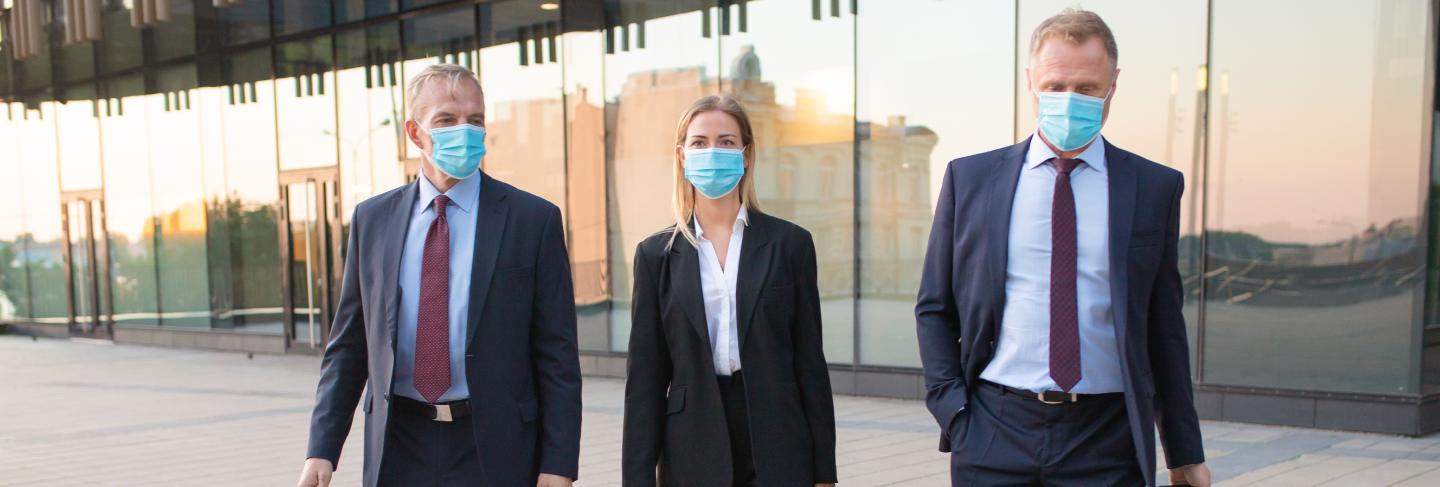Covid-19 Travel Restrictions in South Korea
By support@click2visas.com
5 years
South Korea has banned travelers arriving from some countries from entering the country. At Seoul Incheon Airport, transit passengers need a ticket/boarding pass for their onward flight to their destination.

South Korea has prohibited all travelers who have been in China’s Hubei Province for the past 14 days from entering the country. It is also not permitted for Chinese nationals with passports issued in the Hubei Province to enter the country. Korean visas issued in Hubei Province by the Wuhan Consulate have been invalidated. To pass through South Korea, Chinese nationals and travelers coming from China must have visas.
Travelers who are nationals of Albania, Andorra, Barbados, Dominica, Guyana, Ireland, South Korea, Malta, Mexico, Monaco, Nicaragua, Palau, San Marino, Slovenia, Saint Kitts and Nevis, St. Vincent and the Grenadines, US, the United Kingdom, the Vatican City and Venezuela arriving from China with a diplomatic, consular, government, service or special passport may still travel through the country.
Short-term visas issued on or before April 5 (types C-1 and C-3) are invalidated. Visa exemptions are temporarily suspended for 90 nationalities with a regular passport, with the exception of airline crew or travelers with an APEC Business Travel Card. Travelers with an expired passport visa shall apply to immigration upon arrival, a printed “Visa Grant Note” and an expired passport. Foreign nationals living in South Korea on most forms of long-term visas will need to apply to the local immigration office or airport for a re-entry permit before any travel from South Korea takes place. Many traveling with a re-entry permit would also be expected to have a medical examination not earlier than 48 hours before preparing to return to South Korea and to receive an English or Korean medical certificate showing negative status with COVID-19.
On their way to or from certain countries, nationals of Mongolia, Russia, and Thailand are prohibited from transiting through South Korea, and all foreign travelers who have been in Bangladesh, Kazakhstan, Kyrgyzstan, Pakistan, the Philippines, or Uzbekistan in the past 14 days must have a PCR test result with a negative Coronavirus (COVID-19) medical certificate given at most 48 hours prior to arrival. It must be in English for the certificate. All visitors arriving in South Korea will be subject to PCR checks and 14 days of compulsory self-quarantine. In certain instances, the Korean authorities have allowed immediate blood relatives or long-term residents’ spouses to self-quarantine at the home of their family. For this, travelers will need to have evidence of relationship (e.g., marriage or birth certificate) and should recognize that the final authority to authorize quarantine arrangements is open to Korean immigration officials. Special Quarantine Declaration Forms and Health Declaration Forms must also be completed by all passengers, including airline crew members, through a self-diagnosis app. A ‘Self-quarantine safety security software’ must be installed by nationals and residents of South Korea.
Chinese nationals traveling on business under the Fast Lane program and their family members are exempted from the quarantine requirements; however, their health conditions must be self-monitored for at least 14 days prior to departure, and the negative COVID-19 test result given within 72 hours prior to departure must be medically certified. Upon arrival, they will undergo an additional examination, in which they must remain for up to 1-2 days at a designated quarantine facility before receiving the result. When a negative test result is obtained, they will be able to end their quarantine.
Merchant seamen with a visa should have a medical certificate given no more than 48 hours before departure with a negative COVID-19 PCR test result. The certificate must be in English, and there must be two copies of the certificate for the passengers. All flights must arrive between 5:00 am and 8:00 pm at Incheon International Airport (ICN).
On arrival in Korea, transit passengers will receive a temperature check. If found positive, symptomatic individuals would be subject to a COVID-19 examination and hospitalization. The journey may continue for passengers who do not show symptoms and/or test negative. At Seoul Incheon Airport, transit passengers need a ticket/boarding pass for their onward flight to their destination. Until departure, travelers can confirm with the airline(s) that their bags have been checked at their destination (as transit passengers are unable to collect and re-check their luggage at Incheon Airport on arrival).




